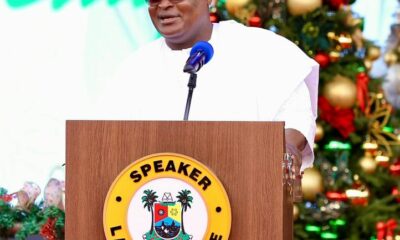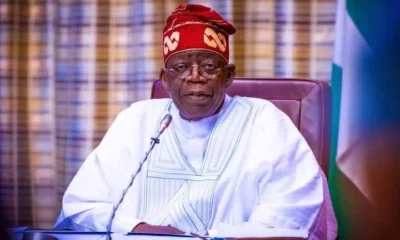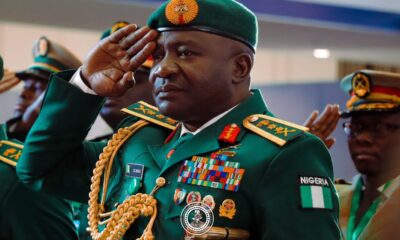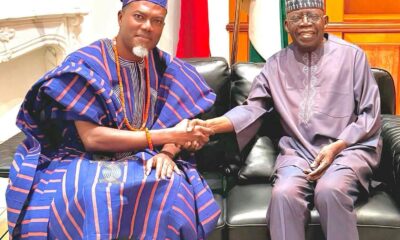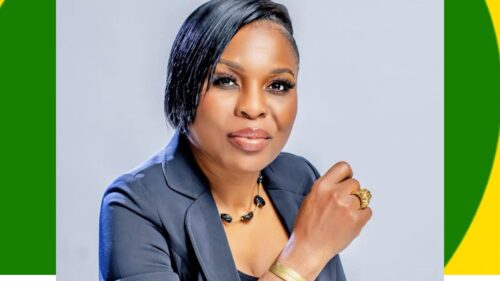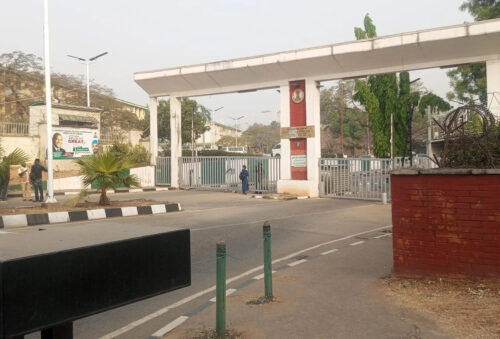The Ogun State Police Command has filed a six-count cyberbullying charge against Activist Adetoun Onajobi, popularly known as Just Adetoun, declaring her evasive after repeatedly failing to honour police invitations.
The charges, now pending before the Abeokuta Division of the Federal High Court, arose from allegations that Onajobi used social media and other internet-enabled platforms to publish what the command described as false accusations against the Ogun State Government and to bully Governor Dapo Abiodun, contrary to the Cybercrimes Act.
In a statement issued on Monday and signed by the Police Public Relations Officer, Oluseyi Babaseyi, the command said the suspect was invited for questioning on January 2, 2026, but failed to appear.
“On 2nd January, 2026, the Ogun State Police Command invited Adetoun Onajobi for an interview to allow her to respond to allegations arising from her online bullying of the Ogun State Governor,” the statement read.
According to the command, Onajobi, through her lawyer, claimed she was medically indisposed and unable to attend the interview, attaching a medical report allegedly issued by a medical doctor.
“Rather than honour the police invitation, the suspect, through her lawyer, wrote to the Police claiming she was medically indisposed and unable to attend the meeting,” the statement said.
However, the command said investigations later showed that the medical report was false.
“Discreet investigations by the Police confirmed the falsity of the claims contained in the medical report,” the statement noted.
Babaseyi said the doctor who issued the report was arrested and admitted that the document was fabricated at the suspect’s instruction.
“The doctor subsequently admitted that the entire medical report was a ruse, crafted at the direction of the suspect, Adetoun Onajobi, during a phone conversation between them,” the statement stated.
Following the admission, the doctor was arraigned before a magistrates’ court in the state.
“Consequent upon this revelation, the doctor was arraigned before an Ogun State Magistrates’ Court for conspiracy, uttering a false document, and obstructing the course of justice,” the statement added.
Babaseyi said Onajobi has since avoided all efforts to reach her.
“The suspect, Adetoun Onajobi, has remained evasive and has rebuffed every invitation extended to her by the Police. Her current whereabouts are unknown,” he said.
The spokesperson said the command would exhaust all lawful means to ensure she is brought before the court.
“Having reneged on her prior undertaking to honour police invitations, the Command will exhaust all lawful means to apprehend and produce her before the Court to answer the charges already filed against her,” the statement read.
The command also stressed that freedom of expression has limits under the law.
“Constitutionally protected activities such as free speech have lawful limits and do not grant immunity from criminal conduct,” the statement said.
It was earlier reported that the command confirmed inviting Onajobi following a petition over a series of videos she posted on her social media platforms criticising Governor Abiodun’s performance in office.
In the videos, the Ogun State-born activist accused the governor of abandoning victims of a road accident involving Nigerian-born British boxer, Anthony Joshua, who lost two friends and trainers when their vehicle collided with a stationary truck along the Lagos-Ibadan Expressway in December 2025.
Onajobi alleged that the state government had “no single functional ambulance” and claimed that while emergency medical services were lacking, the governor preferred “spending public funds on parties rather than addressing urgent public needs”.
She also alleged that although the state could not procure a functional ambulance, it was able to purchase SUVs for local government chairmen in December 2025.
The command said investigations were ongoing and that other suspects connected to the alleged dissemination of false information were being trailed.
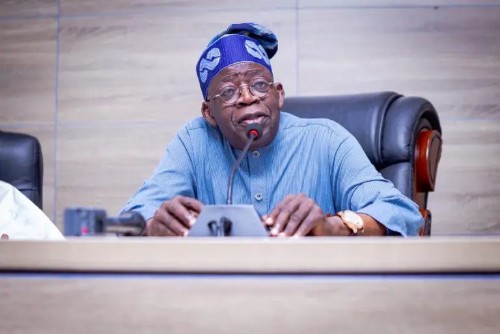
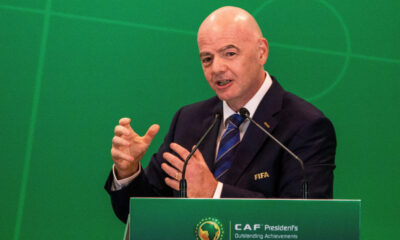
 SPORT14 hours ago
SPORT14 hours ago
 BIG STORY5 days ago
BIG STORY5 days ago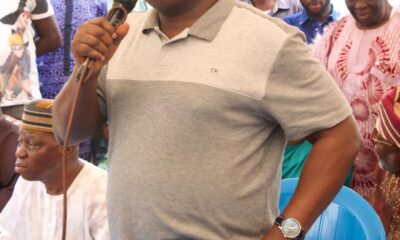
 POLITICS4 days ago
POLITICS4 days ago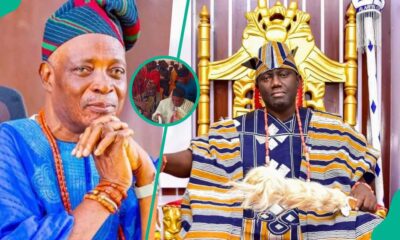
 BIG STORY4 days ago
BIG STORY4 days ago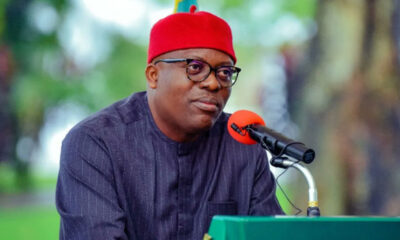
 BIG STORY4 days ago
BIG STORY4 days ago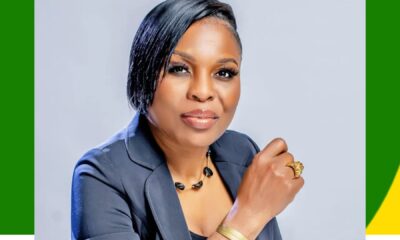
 BIG STORY11 hours ago
BIG STORY11 hours ago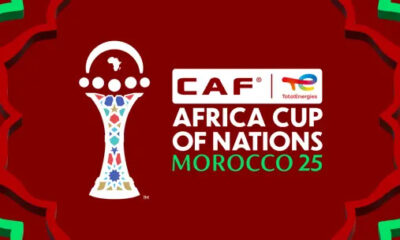
 SPORT4 days ago
SPORT4 days ago
 BIG STORY4 days ago
BIG STORY4 days ago






